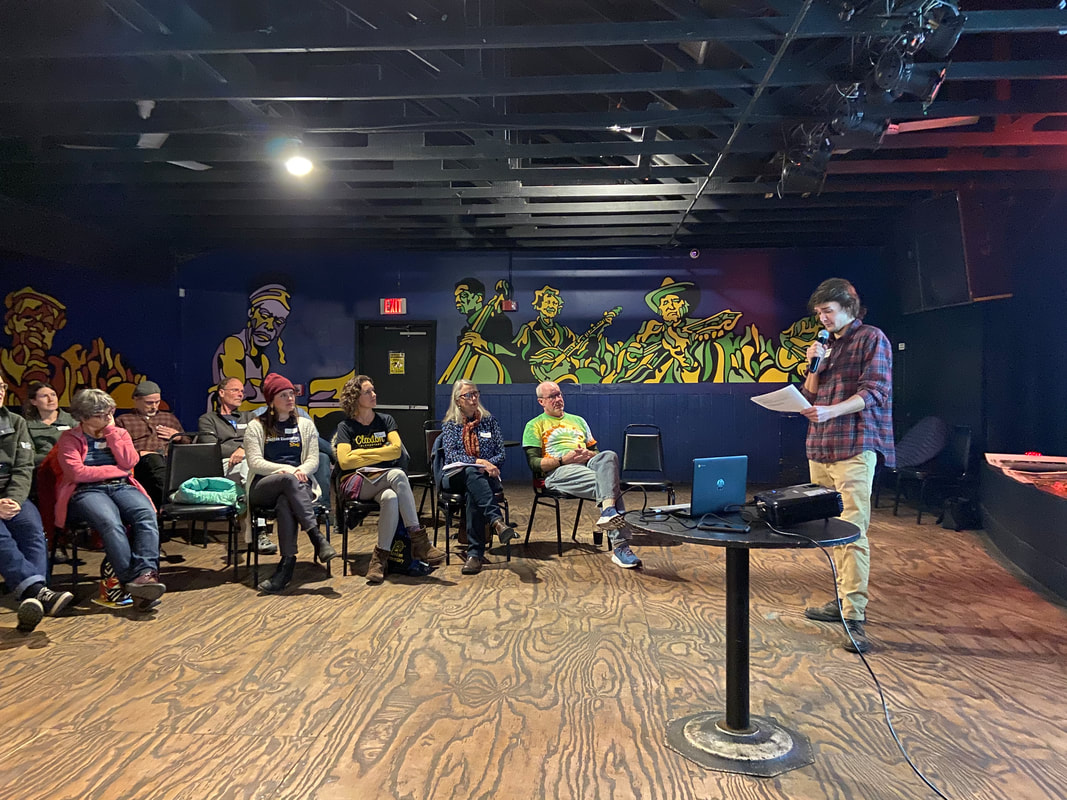
As scientists announce increasingly dire alarms about the future of insects and pollinators, the need for action at every level–public, private, individual, organizational, institutional, and governmental–continues to escalate. Fortunately, people of good will are voluntarily using their expertise, assets, creativity, and connections to change our landscaping paradigms to welcome pollinators into the places we live, work, and play. Pollinators make great neighbors!
In 2012, Asheville, North Carolina, became the first affiliate of Bee City USA. Thanks to relentless local and national communication about the role of pollinators in sustaining our planet these past eight years, a wide variety of people and groups have gotten involved in local pollinator conservation work. Efforts have involved establishing more native plants, monitoring butterfly and bee populations, hosting educational programs for children and adults, and modifying pest management practices.
Inspire Broad-based Pollinator Conservation Efforts
In December 2019, the Bee City USA – Asheville leadership committee at Asheville GreenWorks posed the question, can we have even more impact by connecting local pollinator conservation efforts? After all, Bee City USA was founded to galvanize communities to sustain pollinators. With that in mind, we hosted our first Great Buzz Gathering in January 2020.
We had several goals for this gathering. We wanted to develop an agenda for 2020, collaborate with more organizations, and recruit volunteers.
How to Host a Gathering
Using email, we invited anyone who had done pollinators conservation work and encouraged them to invite others who were advocating for pollinators. We also promoted the gathering to the public on social media. If participants did not register online, they did so at the door to provide their contact information for future communications.
Thirty-four people showed up and four others sent their reports to be read during the meeting. Each attendee shared what they had done in 2019 and what they planned to do in 2020. We recorded the reports on a smartphone and several notetakers captured as much information as they could. The notes are being shared with all attendees, as well as those who did not come.
The Highlights: What We Learned
Not only did participants meet new pollinator enthusiasts, they began to recognize ways they might help each other. Shared activities included establishing a pollinator garden and Bee Day event at a local school; US Fish and Wildlife’s bee and butterfly monitoring; and pollinator plantings at New Belgium Brewing Company’s 18-acre Asheville campus. Learn more about the exciting and varied activities that took place in 2019 to conserve pollinators by reading our renewal report below.
Changing Pest Management Paradigms
Of the 38 participants, seven had native plant nurseries. Each year we ask nurseries and plant retailers to update our recommended species list to let us know which plants they carry and to recommend native plants that should be added. Whether large or small, nurseries reported they use virtually no neonicotinoid pesticides and they are trying to learn more about harnessing the power of beneficial insects in the war on pests. Some Master Gardeners in attendance raved about how they were solving pest problems in their vegetable gardens by integrating more insect-attracting flowers.
Galvanizing Community
It’s extremely exciting to see how interest in conserving pollinators in the greater Asheville area has grown in a relatively short time. This gathering provided us with the opportunity to better coordinate our efforts and support one another in 2020. We easily gathered information to include in our Bee City USA renewal report and also coalesced existing efforts, which will make Asheville’s annual Pollination Celebration! month, and 2020 generally, resounding successes. Most importantly, we’re helping promote pollinator conservation in our community.




